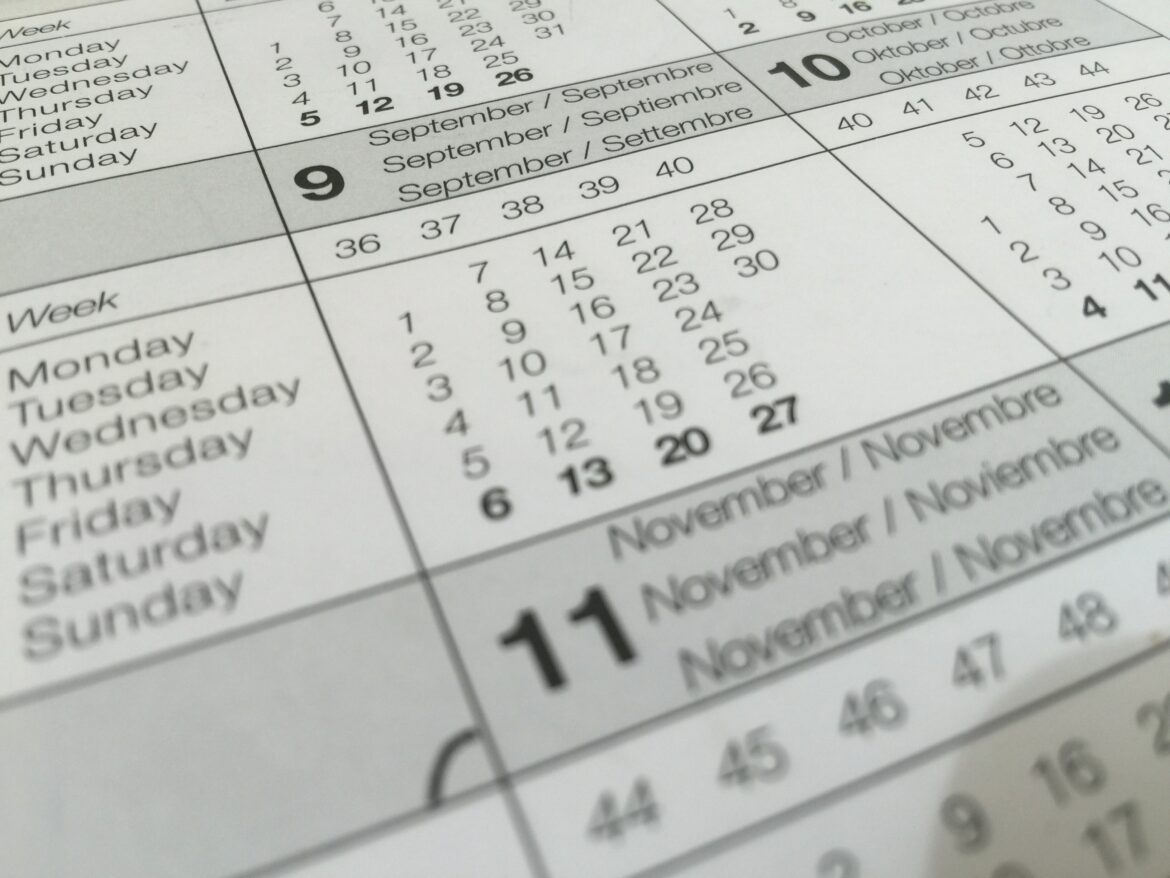As researchers, precision in language is paramount. It is crucial to distinguish between similar-sounding words that have nuanced meanings. One such pair that often causes confusion is “every day” and “everyday.” While they may appear interchangeable, there is a subtle difference that researchers need to grasp to enhance the clarity and accuracy of their work.
Difference between everyday and every day
The key distinction lies in their usage and function in a sentence.
“Every day” (two separate words) is an adverbial phrase used to describe the frequency of an action or event. It indicates that something happens each day without exception. For instance:
- “The researchers collected data from the participants every day.”
“Everyday” (a single word) functions as an adjective and is used to describe something as ordinary, commonplace, or routine. For example:
- “The everyday tasks of researchers include data analysis and literature review.”
To illustrate the difference further, let’s look at examples of correct usage:
Correct use of “every day” as an adverbial phrase:
- “The lab assistants meticulously calibrated the equipment every day.”
Correct use of “everyday” as an adjective:
- “The researchers dealt with the everyday challenges of data collection.”
Everyday vs. every day examples
- “Every day” (adverbial phrase – frequency):
- She practices the piano every day to improve her skills.
- The scientist conducts experiments every day of the week.
- “Everyday” (adjective – ordinary, commonplace):
- The lab technician wore everyday clothes while performing routine maintenance on the equipment.
- Researchers should pay attention to everyday details to ensure data accuracy.
- “Every day” (adverbial phrase – frequency):
- The students check their emails every day to stay updated on class announcements.
- The research team collected samples from the field site every day for a month.
- “Everyday” (adjective – ordinary, commonplace):
- In the lab, everyday tasks include recording observations and cleaning lab benches.
- Despite facing everyday challenges, the researchers remained committed to their study.
- “Every day” (adverbial phrase – frequency):
- The participants in the study took their prescribed medication every day as instructed.
- The scientist dedicated time to reading research papers every day to stay informed.
- “Everyday” (adjective – ordinary, commonplace):
- The researcher’s everyday routine involved preparing samples and conducting tests.
- The lab manager ensures that safety protocols are followed during everyday experiments.
Using the appropriate term enhances the clarity of your writing and prevents ambiguity in your research findings. Misusing “every day” and “everyday” may not only confuse readers but also reflect negatively on the professionalism of your work.
So use the two words correctly and do not make the same mistake every day.
Paperpal is an AI writing assistant that help academics write better, faster with real-time suggestions for in-depth language and grammar correction. Trained on millions of research manuscripts enhanced by professional academic editors, Paperpal delivers human precision at machine speed.
Try it for free or upgrade to Paperpal Prime, which unlocks unlimited access to premium features like academic translation, paraphrasing, contextual synonyms, consistency checks, submission readiness and more. It’s like always having a professional academic editor by your side! Go beyond limitations and experience the future of academic writing. Get Paperpal Prime now at just US$12 a month!




